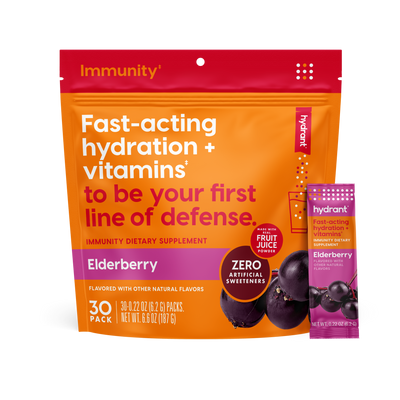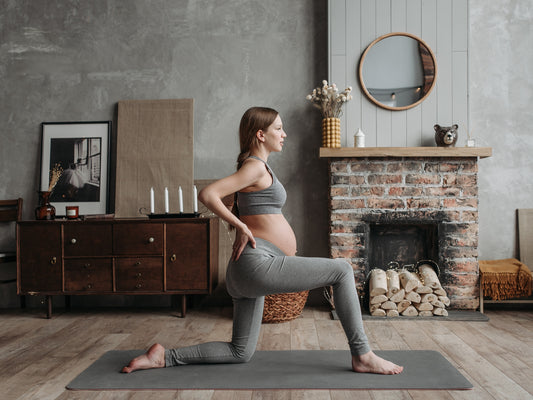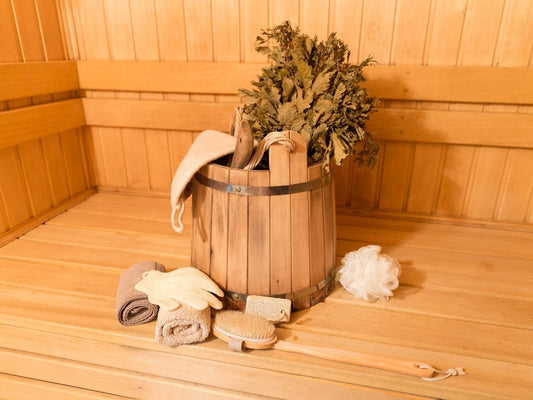Anyone that has suffered from muscle cramps knows that the pain and discomfort can be excruciating. Whether you’re a regular cramp sufferer or have never experienced them, taking the necessary steps to prevent future episodes is something that everyone should do. In order to successfully do this you must first learn to appreciate the potential causes of muscle cramps.
Muscle cramps aren’t enjoyable so knowing how to prevent them will improve your life dramatically. Here’s all you need to know about the source of cramp troubles and how best to combat associated problems.
Who is at risk for muscle cramps?
Cramps are essentially spasms caused by involuntary and forced muscle contractions. Depending on the cause, muscle cramps may occur during exercise, during rest, or at nighttime. While muscle cramps commonly occur in the legs, they can impact any muscle in the body that is ordinarily controlled voluntarily.
The vast majority of people will experience muscle cramping several times in their lifetime. Cramps, however, are more likely to take their toll on the elderly, pregnant, and people that have just recently got back into exercise. Muscle cramps usually last between a few seconds and 15 minutes [1], although they can last longer. The spasms often repeat a few times until they sort themselves out.

While muscle cramps aren’t usually a serious medical problem, they do cause a lot of pain and discomfort. Meanwhile, the results the involuntary contractions may put you at risk depending on when and where the cramp bout strikes. After all, you can never predict exactly when they will strike.
Why do muscles cramp up?
All muscle cramps are defined by contractions that you cannot control or force to relax. However, not all muscle cramps are the same. They can be broken down into four major categories, all of which have unique traits. The four categories are:
- True cramps
- Tetany cramps
- Contractures
- Dystonic cramps
To gain a better understanding of the causes behind a bout of muscle cramps, let’s first look at each type in further detail.
True cramps
True cramps are when part or all of a muscle (or group of muscles that work together) involuntarily contract due to hyperexcitability of the nerves. True cramps are the most common type by far, and commonly occur in the legs.
There are many reasons for true cramps to surface, including:
- Sporting injuries – It might not feel like it at the time, but muscle cramping is a protective mechanism to protect the body when it is recovering from an injury such as a broken bone.
- Muscle fatigue – Cramps also occur during exercise due to vigorous movements or sustained activity. This can also occur several hours after the activity has finished.
- Rest – Rest cramps can occur at any age but especially in later life. Rest cramps often occur when you shorten a muscle in bed, such as shortening your calf muscle by pointing your toes down.
- Dehydration cramps – Dehydration cramps occur due to depletion of fluids and essential electrolytes, especially sodium, and are particularly prevalent during exercise or time spent in the heat.
- Body fluid shifts – Cramps can occur as a result of experiencing liver cirrhosis, dialysis linked to kidney failure, and similar quick shifts and imbalances.
- Chemical deficiencies – Low levels of calcium, potassium, and magnesium in the blood can all lead to muscle cramping too, which is partly why pregnant women are at risk.
Tetany cramps
Tetany, which gets its name due to the reaction that tetanus toxins have on the nerves, occurs when all the nerve cells in the body are active and stimulate the muscles. They can be very similar to certain types of true cramps, not least because they are caused by the same mechanisms.
The same chemical deficiencies (magnesium and calcium) can cause tetany cramps as they increase the activity of the nerves, which will lead to stimulation of the muscles. Tetany can cause other nerve reactions, but these are usually overshadowed by the cramp pain.
Contractures
Contractures are a type of muscle spasm in which the muscle is not able to relax. This is due to the depletion of adenosine triphosphate (ATP). They occur when the nerves are inactive and are rooted by genetic predispositions, which is why they are the least common.
Dystonic cramps
Dystonic cramps are cramps that occur in individual muscles and muscle groups even when the muscles are not needed for the specific movement for which they are normally (albeit involuntarily) contracted. One example of this is writer’s cramp, although a number of additional small muscle groups can be affected. These include:
- Eyelids
- Larynx
- Neck
- Jaw
- Fingers
- Toes
They can also be caused by fatigue from repeating activities such as playing an instrument.
What are the most common causes of muscle cramps?
All four types of muscle cramps are painful and can be caused by several factors. Nonetheless, some issues are far more likely to bring on muscle spasms than others. Anyone wanting to avoid muscle spasms must be aware of these issues and know how to overcome them.
While it is possible to complete various stretches and eat salty foods to help the body recover from bouts of cramp far quicker, prevention is always the best form of protection. Here are the three most significant causes to consider, along with what you should do to stop them from becoming a problem.
Dehydration can cause muscle cramps
Dehydration directly increases the likelihood of muscle cramping for many reasons. The body’s natural performance starts to decline even with a small level of dehydration. Meanwhile, sweating during exercise or time in the sun will cause you to lose sodium, electrolytes, and other key body chemicals.

Staying hydrated throughout the day is vital and can help prevent cramps along with other health issues. It is particularly crucial to replenish lost chemicals during exercise too, which is why you should drink Hydrant to fight dehydration and the dreaded cramps.
A cause of muscle cramps is Muscle density
One of the reasons that elderly people are at risk is because they lose muscle mass [2], which can put their muscles under greater strain. This doesn’t only influence the elderly, though, especially as the average person is now less active than in previous generations.
While there is no requirement to become the next Eddie Hall, it does pay to keep your muscles and general health in great condition. If you are just getting back into exercise, try to take it easy. Otherwise, over-exhaustion may also bring on cramps. Likewise, rehabilitation from injury needs serious attention and patience.
Medical conditions and muscle cramps
The chemical balances in your blood are vital for keeping muscles in good health and suitably protected from muscle cramps. Therefore, issues like diabetes and thyroid problems can potentially cause a lot of problems. They need to be identified, monitored, and treated in the right manner. This includes solving the underlying troubles.

So, if you suffer from regular muscle cramps and haven’t been able to rectify the issue with improved health and hydration, speaking to a doctor is advised. Suffering in silence with frequent bouts of muscle spasms, along with the discomfort they bring, is not an option.
As mentioned, muscle cramps can be attributed to many other health issues. Understanding the type of cramp you suffer from gives you a far better shot at finding a speedy solution. While knowing the underlying cause won’t necessarily prevent all future episodes, it should make cramp easier to deal with and far less frequent. Right now, that has to sound like a victory.
References
[1] https://www.nhsinform.scot/illnesses-and-conditions/muscle-bone-and-joints/conditions/leg-cramps
[2] https://www.webmd.com/healthy-aging/guide/sarcopenia-with-aging#1
[6] Best Electrolyte Powders is a website with a just-the-facts comparison between the five big electrolyte powder brands
















